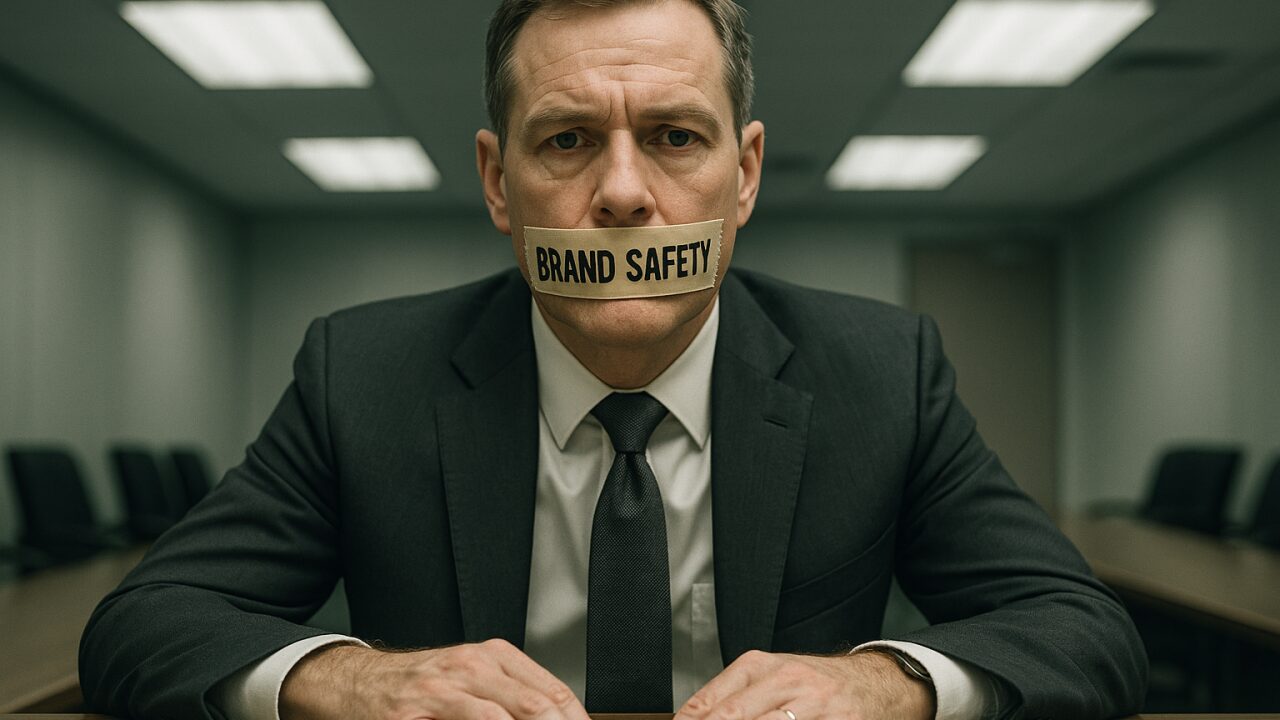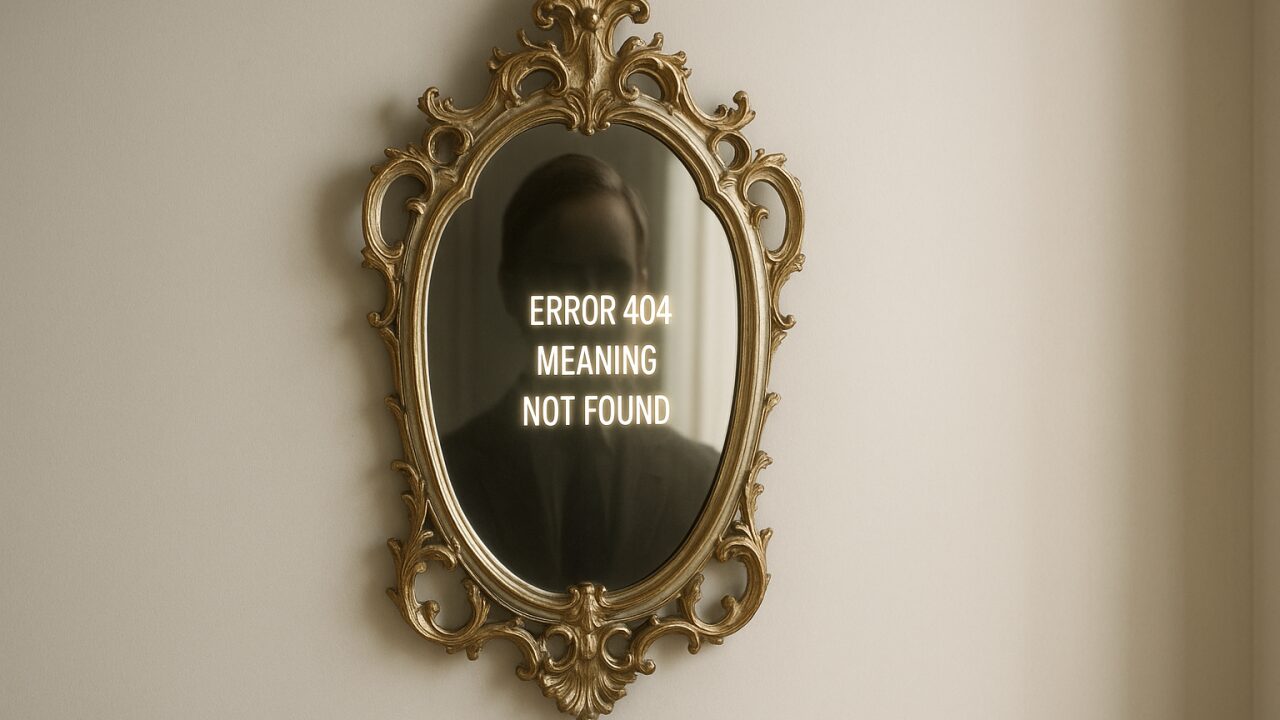Once upon a time brands wanted to change the world. Now they just hope the world doesn’t tag them, or worse, notice that they’ve stopped trying. Meet the Coward Brand. It moves in lowercase, breathes through disclaimers, and prays every morning to the Church of Brand Safety. It hires agencies to sound “authentic,” consultants to sound “empathetic,” and lawyers to make sure empathy is properly trademarked. It doesn’t take a stand because “this isn’t the right moment.” It doesn’t comment because “it’s not our lane.” It doesn’t reply because “it might alienate some audience segments.” Translation: it has nothing left to say, and too many people paid to make sure it stays that way.
Fear has become the new marketing department. The boardroom, once a sweaty colosseum of opinions and egos, now looks like a mindfulness retreat for the professionally terrified. Every idea gets audited like a crime scene. Every adjective comes with a trigger warning. And every campaign ends up being about nothing, wrapped in a bow of sincerity so generic it could fit on a toothpaste ad or a eulogy. By the time the message is cleared, the moment is gone, replaced by another “moment” optimized for engagement and moral hygiene.
Meanwhile, consumers-no-spectators, can smell the fear. It seeps through the tone, the too-perfect inclusivity, the diversity stock photos that look like a UN meeting run by robots. A coward brand feels like an actor who’s forgotten his line but still insists on taking a bow. You watch, you cringe, you scroll. Because cowardice, like perfume, lingers longer than intent.
And yes, the fear is understandable. The outrage machine never sleeps. Every tweet is a trap, every silence an indictment. But here’s the quiet horror: these brands aren’t afraid of being wrong, hey’re afraid of being anything. They don’t avoid mistakes; they avoid meaning. They speak in the dialect of neutrality,“we’re for everyone,” “we believe in kindness,” “we support positive change”, which sounds lovely until you realize “everyone” doesn’t exist, “kindness” is a KPI, and “positive change” is a brand pillar invented by a guy named Steve in procurement.
Courage today isn’t loud. It’s persistent. It’s the willingness to stay coherent when your quarterly report tells you to pivot. It’s saying something true even when it doesn’t trend. Because coherence, unlike engagement, doesn’t expire at midnight.
The brands that will survive aren’t the loudest or the most loved. They’re the ones that can stare at their own reflection, messy, outdated, human, and not flinch. The rest will drown in the warm bathwater of safe creativity, generating campaigns so frictionless they slide right off your brain.
We live in an age where AI knows everything about us except what we believe in. Algorithms can mimic emotion, automate compassion, even pre-write your apology before you mess up. But they still can’t fake conviction.
So maybe the most radical thing a brand can do now is the one thing that terrifies its shareholders: mean something. Risk offense. Risk silence. Risk being real.
When was the last time you, or your brand, said something that could actually cost you something? Because if the answer is never, you’re not marketing anymore. You’re just politely decaying.





